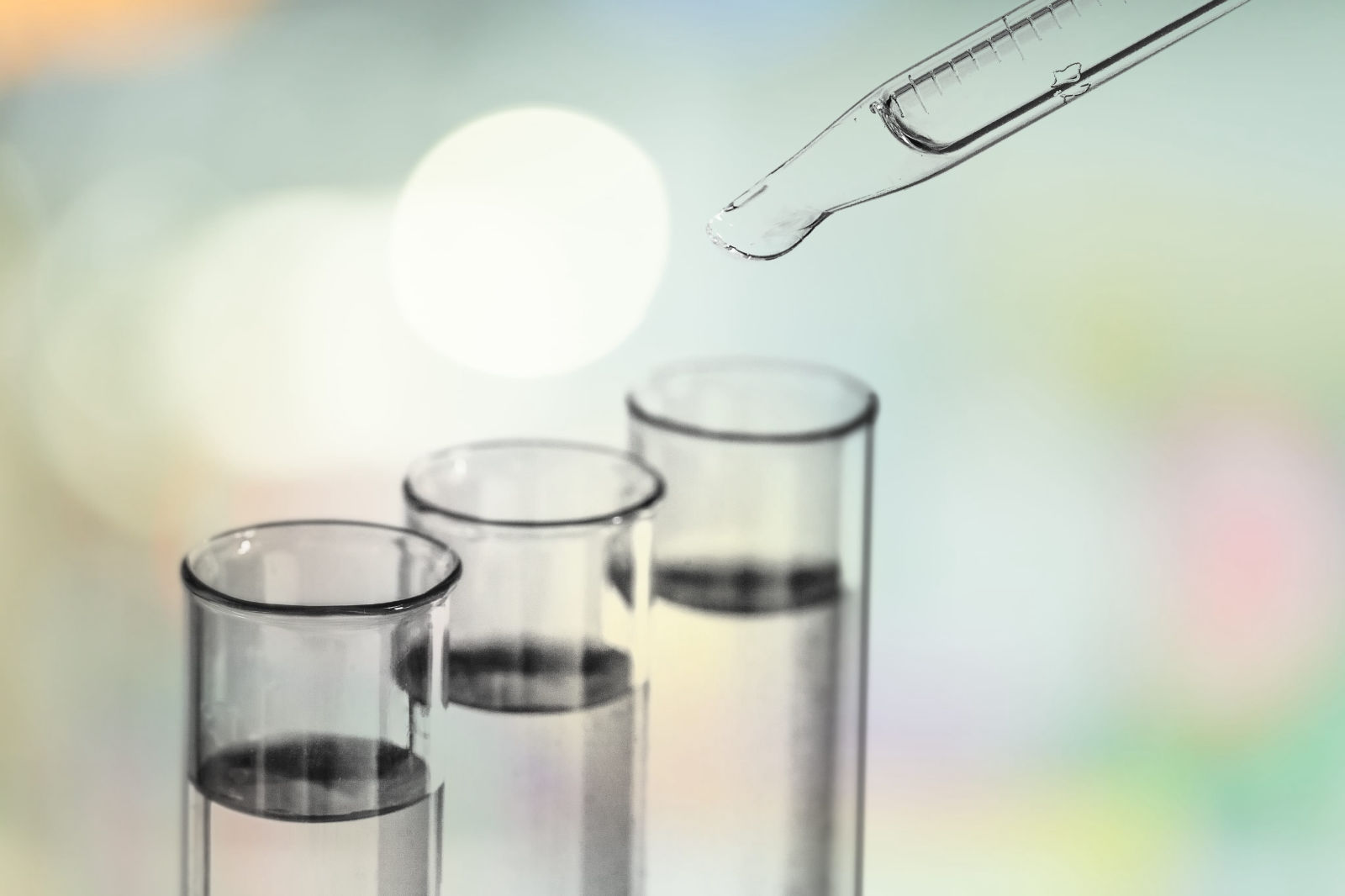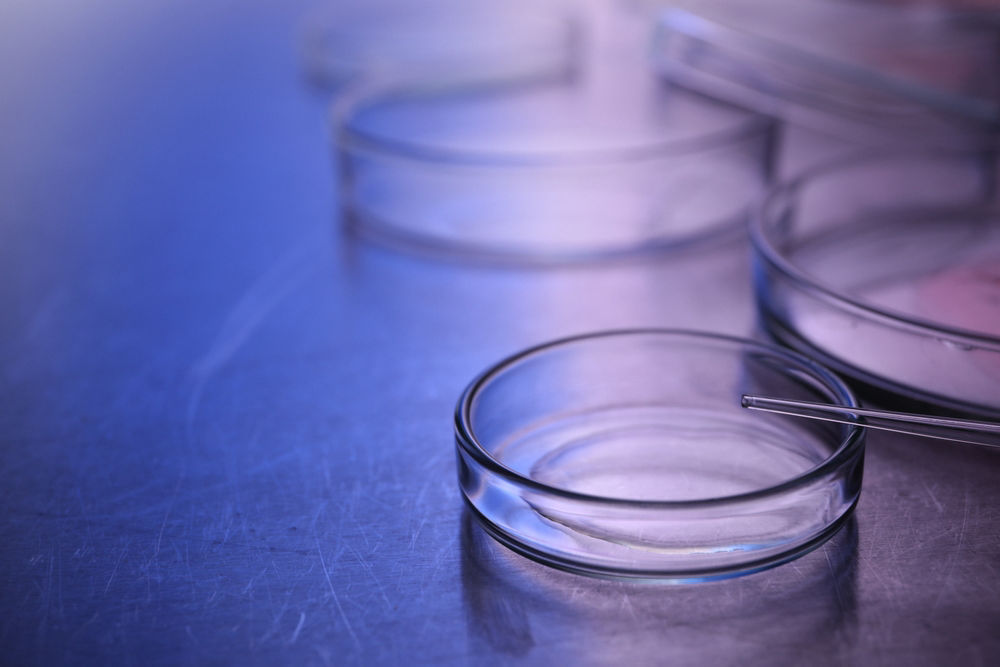
A prescription from your doctor is required and the results will be sent to the requesting physician.
A prescription from your doctor is required and the results will be sent to the requesting physician.
Our most popular tests:
Optimo: Extended prenatal screening
The Optimo test is an extended prenatal screening, developed by ovo Labo, that detects trisomies 13, 18, and 21.
Since its creation in 2016, the Optimo test has been used to screen nearly 40,000 babies, providing high-quality prenatal care to thousands of patients.
However, starting in November 2024, we have decided to fully focus our offering on the Harmony fetal DNA test and will no longer offer the Optimo test.
Ovo Labo is the only Quebec laboratory to analyze this test in-house, and Harmony is known for its 99.9% reliability. This non-invasive test can be performed as early as 10 weeks of pregnancy and is now the gold standard in prenatal screening.
Harmony: Fetal DNA in maternal blood
harmony is a non-invasive prenatal test performed with a simple blood sample that can detect trisomy 13, 18 and 21, sex chromosome abnormalities and fetal sex.
harmony allows for a significant reduction of the need for invasive procedures such as amniocentesis and chorionic villus biopsy, which can cause miscarriage in about 0.5 to 1% of cases.
In case of a positive harmony test result (high risk for trisomy), an invasive diagnostic technique will be suggested to confirm this result.
When: From 10 weeks
Time frame: 5 to 11 working days
Inclusions: Fetal sex + Sex chromosome anomalies
Advantage: Fetal DNA test approved by Health Canada
Detection rate for trisomy 21: over 99.9%.
Induced hyperglycemia – Gestational diabetes test
Also known as gestational diabetes, hyperglycemia is a condition defined by an increase in blood sugar, most commonly during the second trimester of pregnancy. In most cases, gestational diabetes disappears after childbirth. However, in some cases, the mother could develop type 2 diabetes in the following years.
The cause of gestational diabetes is the result of hormonal changes experienced during pregnancy: hormones in the placenta interfere with the action of the pancreas. It cannot secrete enough insulin, which leads to hyperglycemia.
Without insulin, a hormone that nourishes our cells which is naturally secreted by the pancreas, glucose will accumulate in the bloodstream and cause hyperglycemia.
The Alessio DNA fragmentation test
The Alessio sperm DNA fragmentation test uses fluorescent biomarkers to measure the proportion of sperm with fragmented DNA. The quality of the genetic information carried by the sperm is a determining factor in the development of a viable embryo. Sperm DNA fragmentation corresponds to “breaks” in the sperm’s genetic material that cannot be detected by conventional examinations. A high number of breaks reduces the chances that a pregnancy will be carried to term, and could be the cause of certain fertility problems.
This is a cytogenetic analysis that aims to analyze the number and structure of all our chromosomes. This test, which is performed through a standard blood sample, can be prescribed in different clinical contexts, including:
- A diagnosis of early ovarian failure;
- A diagnosis of oligospermia or azoospermia;
- A personal history of repeated miscarriage;
- A family history of intellectual disability;
- Etc...
Extended Carrier Genetic Testing (603 genes)
Carrier genetic testing can identify your genetic status (carrier or non-carrier) for so-called recessive and X-linked conditions, and reduce the risk of transmission to your future children. It may be recommended if there is a consanguinity link between you and your partner, if your family history is not well known (for example if you were adopted) or simply if you wish to have more reassurance to reduce your genetic risks in a preconception context.
Procedure for performing a genetic analysis and receive results:
- • Under medical prescription (from your family doctor, gynecologist, or other), simply contact the ovo laboratory department to make an appointment for a sample.
• Time to obtain the results of genetic analyses: 10 to 21 calendar days.
*The prescribing physician is responsible for interpreting the results.
Analysis of the product of conception
This test, which is performed on fetal debris recovered after a miscarriage, allows the investigation of the reason for the termination of the pregnancy. It can only be prescribed in the context of repeated pregnancy losses (2 or more) and aims to eliminate the presence of chromosomal abnormalities that could be responsible for the spontaneous abortion.
The PAP test, also called cervical cytology, can detect cancer of the cervix. This is the test that is commonly offered to all women aged 21 to 65 who have already had sexual intercourse.
It aims to detect cancer when it is at an early stage, in order to increase the chances of recovery. Screening also reveals the presence of abnormalities, called “precancerous lesions”.
The PAP test is an examination of a few minutes which consists of taking cells from the entrance to the cervix to check if they are normal.
Women between the ages of 21 and 65 should have a cytology every 2 to 3 years.
The sample is identical to the one for the PAP test.
However, the test to detect HPV is more sensitive and detects more cases at risk than the PAP test!
Thus, the recommendations of the INESSS (National Institute of Excellence in Health and Social Services) have changed, and the HPV thus becomes THE test to perform in the first instance, instead of the PAP Test.
- This is now a test to perform from 25 to 65 years-old
- Each 5 years
Serological analysis COVID-19-SARS-CoV-2 IgG
The SARS-CoV-2 IgG assay is intended for the detection of antibodies to SARS-CoV-2 in serum and plasma from individuals suspected of having had coronavirus (COVID-19)
COVID-19 antigen tele-test
Approved for travel to certain countries and for re-entry to Canada.
Certify your antigen tele-tests now by connecting virtually with our team, from any location!
- Prices for videoconferencing:
- 1 teletest: $35
- 2 teletests: $60
- 3 teletests: $80
- 4 teletests: $100
- 5 teletests: $120
- Health Canada approved
- Results in 15 minutes
- Certified certificate sent by email
- $20 extra per test if we have to supply the kits. Transportation fees may apply depending on departure date.
- Book an appointment: [email protected]
COVID-19 RT-PCR swab test
Find out if you are currently infected. Recommended package for INTERNATIONAL TRAVEL.
- Results within 24 hours
- Official attestation of results
- Non-invasive basal swab
- Approved by Health Canada
- Receipt for insurance claim included
- $180
- $144 for Health Workers
For a complete list of available tests, please go to our pricing section and search for the desired test.

Why choose ovo labo?
See the advantages of choosing ovo labo expertise

